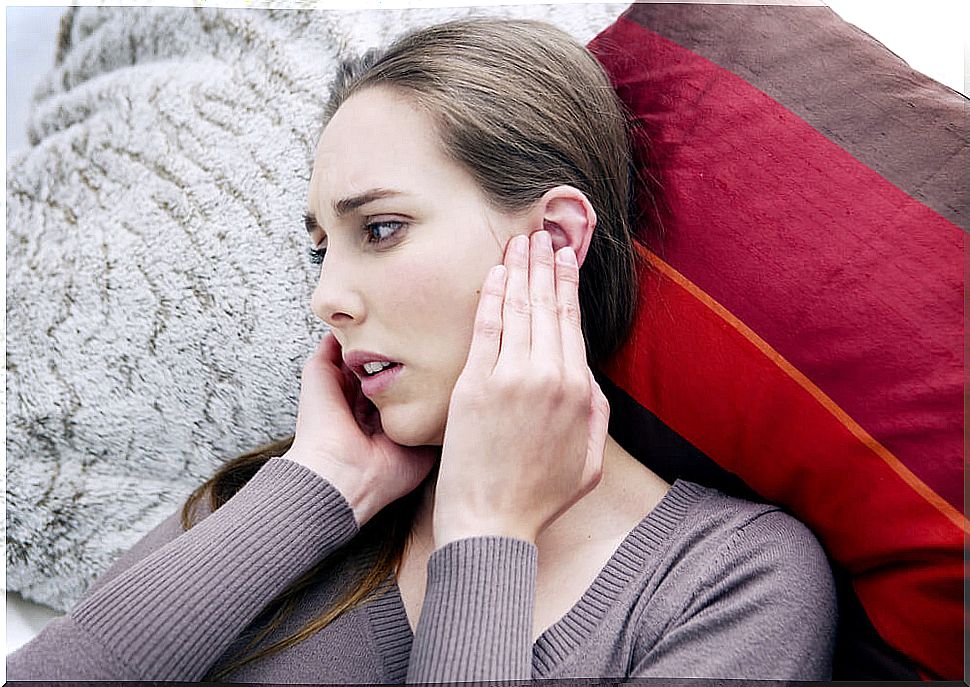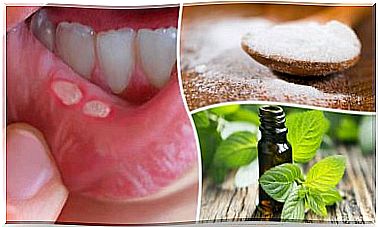How To Protect Your Ears From Summer Activities?
The summer season is synonymous with pleasure and fun. However, we must know how to take care of ourselves to avoid discomfort and illness.

Summers are for fun and relaxation, at least that is the idea that is usually had. However, most of the places that are visited at this time of year do not stand out for being silent. Therefore, it is important to learn to protect your ears during the summer to avoid other problems.
We are exposed to unhealthy volumes and other forms of noise pollution that can affect our hearing health. Concerts, bars, discos and certain amusement parks will be the environments in which loud sounds will be noticed.
However, the problem does not lie only in noise, or in its volume, but also in the bathrooms (on the beach, in the pool or in any other aquatic environment). This is because when we submerge ourselves in water, without proper care or protection, it can lead to infections such as otitis.
In this article you will find some useful tips to protect your ears during the summer. Take note!
Set a volume limit to protect your ears

There are references on what is the advisable amount of decibels to which we can expose ourselves, according to each period of time. For example, when listening to a noise of 90dB, similar to that of a lawn mower, the correct thing is to not spend more than 2 hours exposed.
And what happens to the sound of the headphones of an mp3? Being at its highest level, the ideal is not to spend more than 4 minutes. Therefore, when listening to music, it is advisable to moderate the volume. This sound is equivalent to 105 decibels. In discos and bars the frequency can rise above 110 decibels.
The problem of tinnitus
Tinnitus is an auditory phenomenon characterized by the presence of a strange buzzing sound. In addition, uncontrolled listening to sounds generated within the body: squeaks, hisses and unpleasant echoes. In summer activities there is a greater risk.
Experiencing them is not painful, but tinnitus is a clear sign that the ears are prone to injury. The reason is excessive exposure to loud sounds. Before this symptom we must be alert.
Obviously, the worst consequence of any hearing disease or injury is the possibility of being totally or partially deaf. It can be one ear or even both. However, there are preventive measures we can take.
Stay away from speakers to protect your ears
If the problem is the thunderous sounds, it is best to stay away from them or expose ourselves in a controlled way. A good way to start is to keep your distance from sound sources, such as speakers. This advice should be applied in the midst of the wave of concerts that are scheduled during the summer.
Similarly, at parties and discos we must stay away from music broadcasters. The closer it is, the worse the damage. On the other hand, at concerts they usually give out earplugs. It is recommended to use them in these circumstances.
It will not be a bad idea to turn down the volume of the music when we use the headphones, while doing other activities to protect the ears.
Use of earplugs

If we cannot escape the noises, the best option is to block them. The earplugs are inexpensive, disposable and allow us to listen to everything that happens around us at a considerable volume.
This is an implement widely used by music bands during their rehearsals. Its function is exclusively to protect the ears from the frequency of the pounding of batteries and electric amplifiers. These small pieces of cushioning material can help us prevent another of the most common hearing diseases of the summer: otitis.
Earplugs should not be pushed into the ears or inserted deeply, as there is a risk of damaging the eardrums.
Otitis and the pool
Swimmer’s ear is known as ear infection caused by direct contact with external microorganisms. This condition is common, both in the pool and on the beach. Its first symptoms are:
- Inflammation.
- Earache (moderate or severe intensity).
- Feeling that we have a blocked ear canal.
- Purulent discharge As the condition progresses, fluids are secreted that may be green, yellowish, or brown in color.
It is possible that the affected person experiences inflammation in the throat and nearby lymph nodes. Although it is not a serious clinical condition, it is uncomfortable and can persist for a few weeks.
How to prevent swimmer’s ear?
Perhaps the quintessential measure to prevent swimmer’s ear is the use of ear plugs during the submerged bath. It is also important to clean the ears with soap and clean water after leaving the pool and, above all, to dry them well.
Another key aspect is the duration of the bath. The propensity to acquire any type of infection in the water increases if we spend long hours in the water. Therefore, it is advisable to take sporadic and short-term baths. It is very useful to dry each ear well and avoid putting your fingers wet with the pool water.
These are other precautions that will allow us to avoid this annoying infectious inflammation. If we want to enjoy summer activities, we must know how to take care of ourselves and protect our ears to avoid greater evils.









